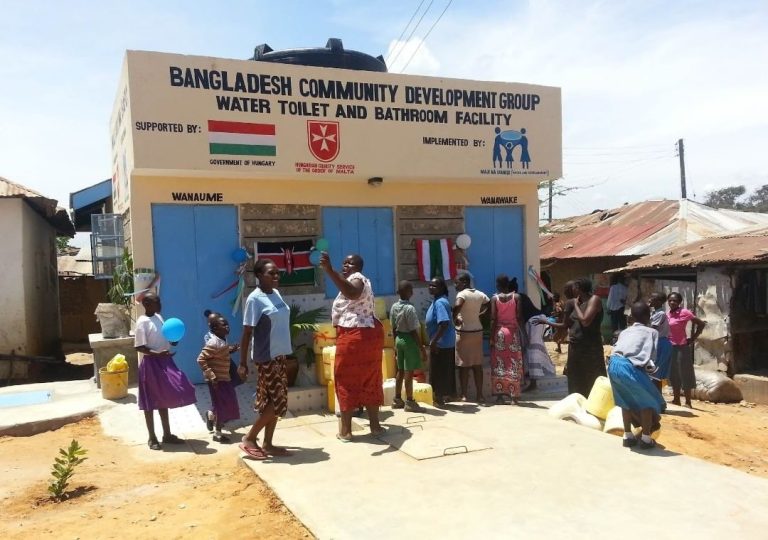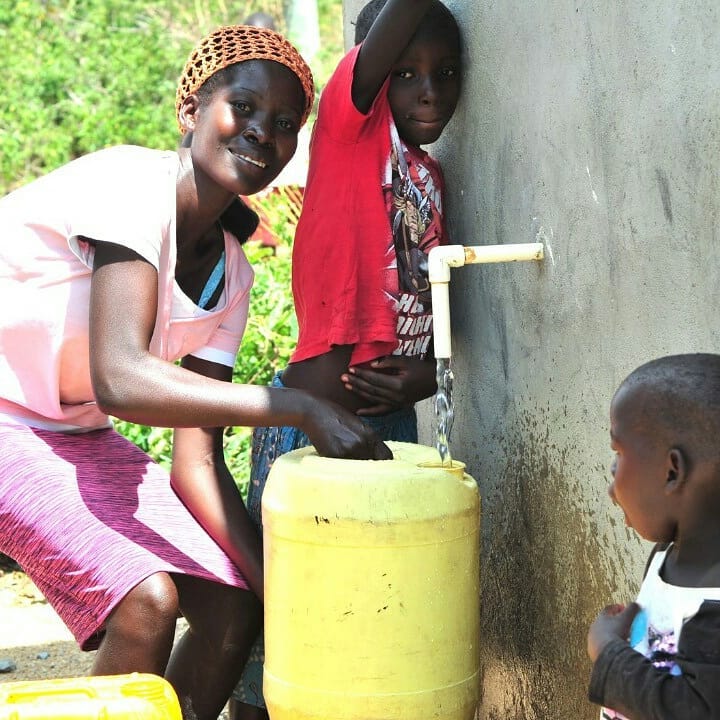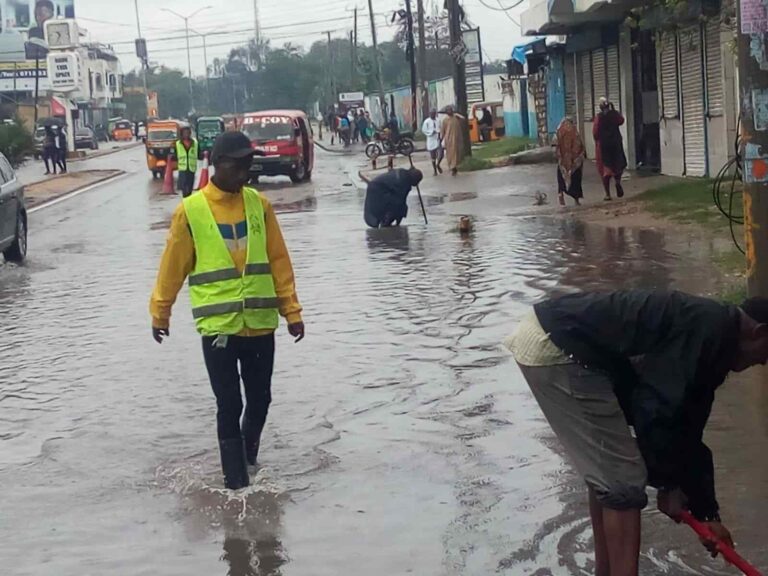Recognition is the first step to inclusion. In Bogobogo, a small settlement in Jomvu Sub-County, hundreds of families discovered how something as seemingly bureaucratic as disability registration could transform lives.
For years, many children and adults with disabilities were invisible—lacking documents, recognition, or access to services. But during a 5-day disability registration campaign in March, that invisibility ended. Armed with new identification, families gained access to healthcare, mobility devices, cash transfers, and, perhaps most importantly, dignity.
This is the story of why registration matters, how the campaign unfolded, and how recognition is rewriting the future for people with disabilities in Bogobogo.
Also Read:Disability Visibility Project:A Powerful Step Towards Inclusion
A Detailed Explanation: What Is Disability Registration?
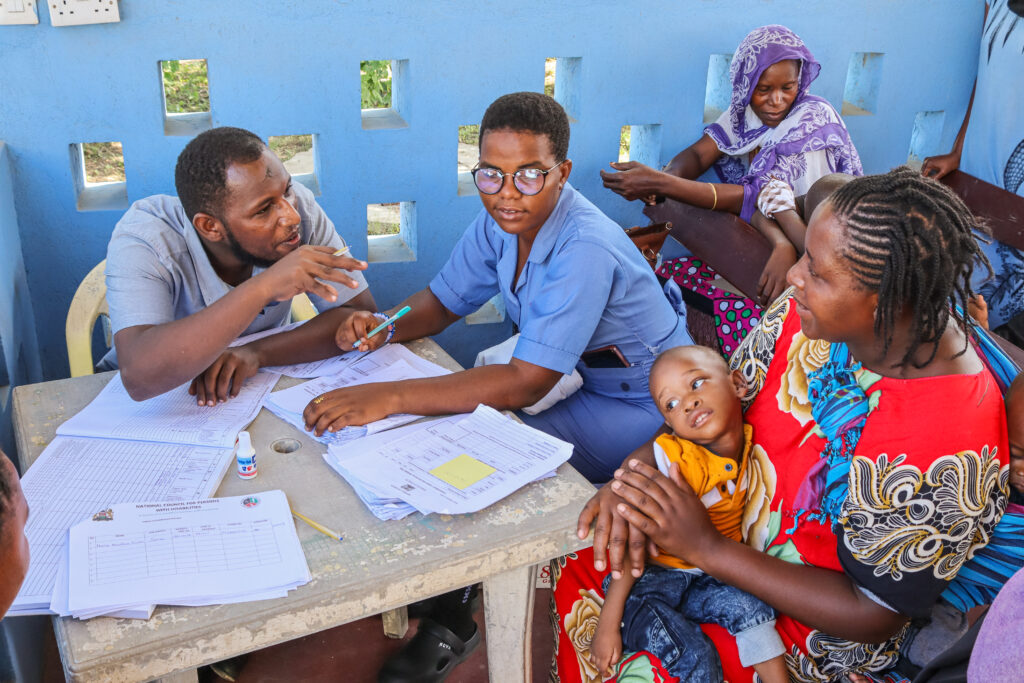
Disability registration is the process of officially recognizing a person’s disability through the National Council for Persons with Disabilities (NCPWD) in Kenya.
This recognition provides access to:
- Cash transfers to ease the burden of care
- Assistive devices such as wheelchairs, crutches, and hearing aids
- Healthcare support through disability-linked services
- Educational opportunities including inclusive schooling support
- Legal rights and protections that safeguard against discrimination
Without registration, many people remain locked out of these services—living on the margins without the recognition that their needs are valid and their rights protected.
Why Bogobogo Needed Registration Most
Bogobogo is an informal settlement where poverty, stigma, and lack of access intersect. For families living here:
- Healthcare is scarce, making specialized disability services harder to access.
- Social stigma runs deep, with children often hidden away.
- Lack of documentation meant exclusion from national programs like Inua Jamii (cash transfer).
For too long, disability meant silence and invisibility. The registration campaign broke that silence.
The 5-Day Mission: How It Happened
In March, Maji na Ufanisi partnered with the Ministry of Health, NCPWD, and local leaders to conduct a registration and outreach drive in Bogobogo.
Day 1: Awareness and Mobilization
Community Health Promoters went door to door, explaining the benefits of registration. Families were encouraged to bring their loved ones to the registration center.
Day 2–3: Medical Assessments
Doctors and specialists assessed individuals, confirming disability types and needs. This step was vital for ensuring accurate registration and appropriate support.
Day 4: Documentation and Enrollment
Families were assisted in filling forms, providing identification, and uploading data into the NCPWD system. For many, it was their first interaction with government recognition.
Day 5: Linking to Services
Families received information on how to access healthcare, therapy, assistive devices, and cash transfers through their new registration.
By the end of the mission, dozens of children and adults were formally recognized—no longer invisible in the system.
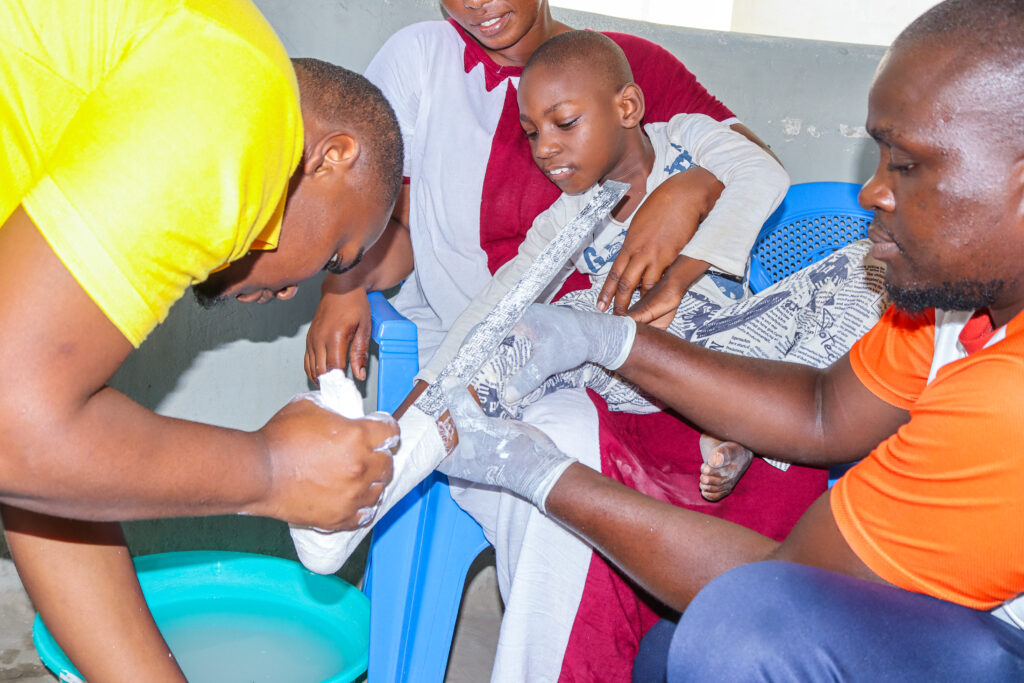
Real Stories of Transformation
Musa’s Wheelchair: Mobility Restored
Musa, a 12-year-old boy with cerebral palsy, had been carried everywhere by his mother. After registration, he qualified for a wheelchair.
His mother said:
“For years, I prayed for strength to carry him. Now, he moves with dignity, and I can finally rest.”
Amina’s Cash Transfer: A Burden Lifted
Amina, a widowed mother of three, registered her son with Down syndrome. Soon after, she qualified for a monthly cash transfer.
“It is not everything, but it helps me buy food and keep him in school. Before, we had nothing.”
Fatima’s Healthcare Access
Fatima, an 18-year-old with a hearing impairment, was linked to an ear specialist and provided hearing aids through the program.
Her father said:
“She has a future now. She hears my voice clearly for the first time.”
Why Registration Matters Beyond Services
Disability registration is not just about access to benefits. It is about recognition, dignity, and belonging.
- Social Validation – Families no longer feel alone; they are acknowledged by the state.
- Breaking Stigma – Official recognition challenges cultural taboos and silence.
- Policy Influence – Registration data helps governments plan inclusive services.
- Community Integration – Families become part of a wider network of support.
As one parent put it:
“The paper they gave me is more than paper. It says my child exists, my child matters.”
The Numbers Behind the Impact
- Hundreds registered in just 5 days in Bogobogo
- Dozens of mobility devices distributed following assessments
- Tens of families linked to cash transfer programs
- Countless lives touched through recognition and inclusion
These numbers may seem small, but in a settlement where invisibility was the norm, they mark a seismic shift.
Lessons from Bogobogo: Why Listening and Partnership Matter
This registration campaign worked because it was community-led and partnership-driven:
- Local CHPs built trust and encouraged families to come forward.
- Government agencies ensured formal recognition and service links.
- Maji na Ufanisi coordinated logistics, advocacy, and outreach.
- Families themselves voiced their needs and shaped the process.
The success proves that bureaucratic processes, when delivered with humanity, can be life-changing.
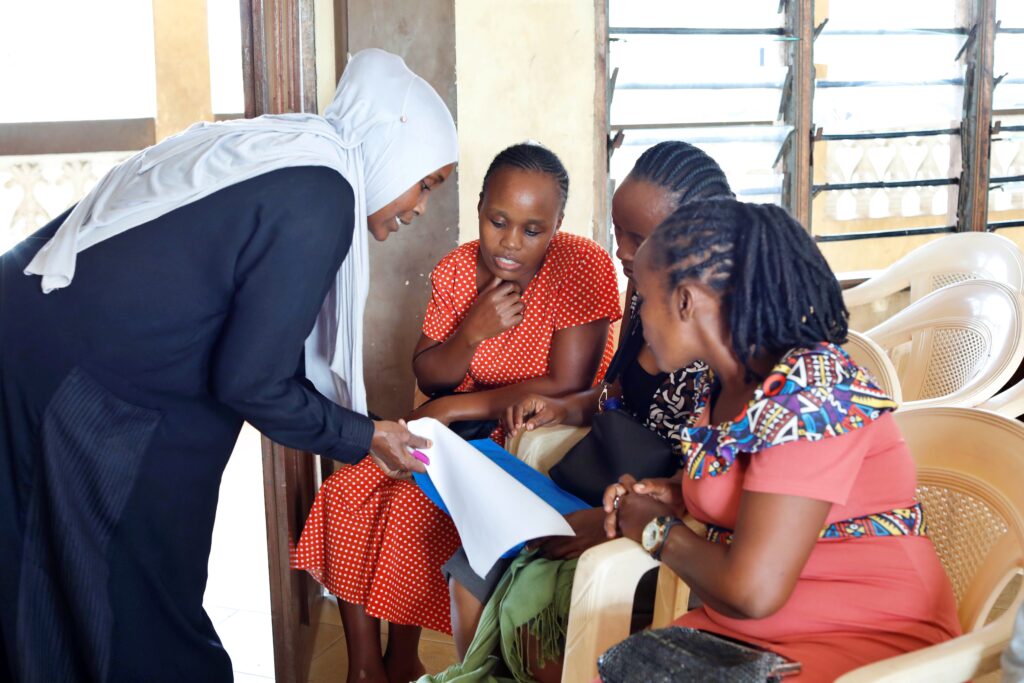
How Maji na Ufanisi Is Scaling the Impact
Maji na Ufanisi continues to:
- Advocate for regular registration drives in informal settlements
- Train CHPs to identify unregistered families
- Push for policy reform so registration becomes accessible year-round
- Link registered families with inclusive WASH and therapy programs
This ensures that registration is not a one-off event but part of a continuous journey toward inclusion.
How You Can Help
You can stand with families in Bogobogo and beyond:
- Donate – Support future registration drives and provision of assistive devices.
- Partner – Collaborate with Maji na Ufanisi to scale outreach in informal settlements.
- Advocate – Spread the message that recognition is a right, not a privilege.
Recognition Is the First Step to Transformation
In Bogobogo, a piece of paper became a passport to dignity. Disability registration turned invisibility into recognition, exclusion into access, and silence into voice.
What may look like bureaucracy is, in fact, the foundation of inclusion.
Maji na Ufanisi invites you to join this journey—because no one should remain invisible.
👉 Donate today and help more families access the recognition and services they deserve.
FAQs
1. What is disability registration?
The process of officially recognizing a disability through NCPWD in Kenya.
2. Why is registration important?
It opens doors to healthcare, education, cash transfers, and rights protection.
3. Who was registered in Bogobogo?
Children and adults with various disabilities, including mobility, hearing, and developmental challenges.
4. How long does the process take?
Registration typically takes a few days, including assessments and documentation.
5. What services follow registration?
Cash transfers, assistive devices, therapy referrals, and educational support.
6. Is the process free?
Yes—the campaign was free for families.
7. What role did CHPs play?
They mobilized families, explained the process, and offered ongoing support.
8. Can unregistered families still apply?
Yes—Maji na Ufanisi advocates for continuous access beyond campaigns.
9. How do donors benefit from supporting registration?
It’s a cost-effective way to deliver measurable, life-changing impact.
10. Will this expand beyond Jomvu?
Yes—plans are underway to replicate in other settlements.

